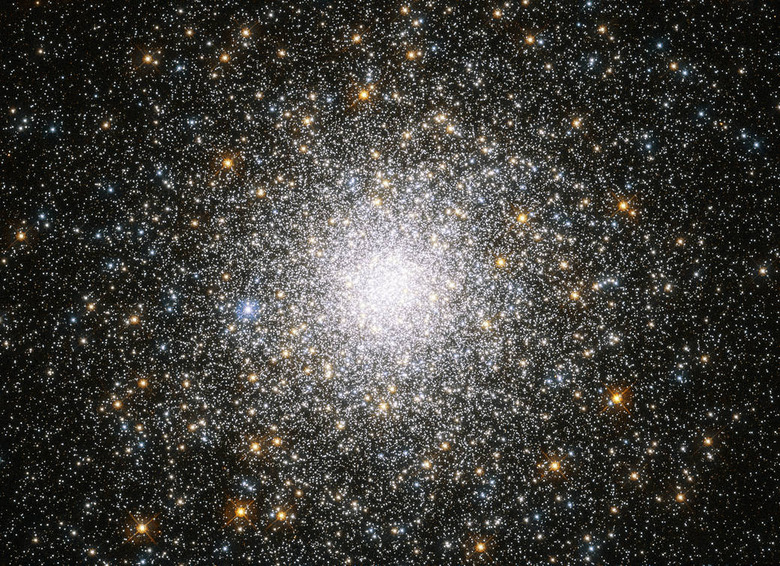Earth Might Not Be The Best Place For Life After All
In the ongoing search for worlds outside of our solar system, scientists often compare newly-discovered planets with our own as they offer educated guesses about their potential to support life. It makes sense since Earth is the only planet we know of that has life on it, but what if Earth's life-giving condition are actually lackluster? What if, out there among the countless galaxies, other planets not only support life, but also provide even better conditions for a variety of life to thrive than we'd ever see here at home?
Speaking at the Goldschmidt Geochemistry Congress in Spain this week, Dr. Stephanie Olson of the University of Chicago argues that some planets we may find in the so-called "habitable zone" around distant stars may actually be even more perfect for life than Earth is.
Olson's work focuses on exoplanets with liquid water oceans similar to Earth. Water, scientists think, is crucial for life to take root, but some oceans may be better at supporting a wide variety of life than others. By studying Earth's oceans and simulating climates and ocean systems on exoplanets, Olson's team discovered that Earth's oceans are far from perfect.
"Our work has been aimed at identifying the exoplanet oceans which have the greatest capacity to host globally abundant and active life," Olson said during a keynote lecture. "Life in Earth's oceans depends on upwelling (upward flow) which returns nutrients from the dark depths of the ocean to the sunlit portions of the ocean where photosynthetic life lives. More upwelling means more nutrient resupply, which means more biological activity. These are the conditions we need to look for on exoplanets."
A combination of "higher atmospheric density, slower rotation rates, and the presence of continents" all contribute to higher rates of upwelling. This, Olson says, suggests that Earth may not be the perfect place for life as we know it and that other planets may be even more habitable than our own.
As astronomers continue to scour the heavens for other planets, scientists will ultimately have to narrow their search for life-supporting worlds based on where they think they have the best shot at finding it. However, until we actually find extraterrestrial life somewhere in space, all we can do is make our best guess.
